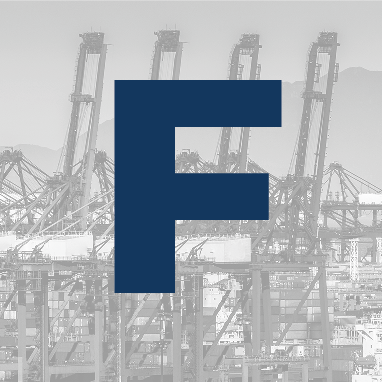
Freight Broker

Home > Freight Glossary > Freight Broker
What is a Freight Broker?
A freight broker, also known as a shipping broker, acts as an intermediary between shippers who need to transport goods and carriers who have the capacity to move those goods. Freight brokers do not own the trucks or cargo; instead, they leverage their network and expertise to connect shippers with reliable carriers, negotiating rates and ensuring that freight is transported efficiently and cost-effectively.
When Should I Use a Freight Broker?
Utilizing a freight broker can be beneficial in several scenarios:
- Complex Shipments: When dealing with intricate logistics that require multiple carriers or modes of transport.
- Cost Efficiency: To leverage a broker’s negotiating power and extensive network to obtain competitive rates.
- Time Constraints: When you need to ensure timely delivery but lack the resources to manage the logistics yourself.
- Lack of In-House Expertise: For companies without a dedicated logistics team, a freight broker can provide the necessary expertise and management.
How Do I Find Freight Brokers Near Me?
Finding a reputable freight broker involves several steps:
- Online Directories: Use online directories and industry websites to find a list of freight brokers.
- Industry Recommendations: Ask for recommendations from industry peers or trade associations.
- Reviews and Testimonials: Check reviews and testimonials to gauge the broker’s reliability and service quality.
- Initial Consultation: Contact potential brokers for an initial consultation to discuss your needs and evaluate their capabilities.
Difference with Freight Forwarder
While both freight brokers and freight forwarders facilitate the movement of goods, there are key differences between the two:
- Role: A freight broker acts as a middleman connecting shippers and carriers, whereas a freight forwarder takes on a more comprehensive role, managing the entire logistics process, including storage, documentation, and shipping.
- Ownership: Freight brokers do not take possession of the cargo, while freight forwarders may consolidate and manage shipments.
- Services: Freight forwarders often provide additional services such as warehousing, packaging, and customs clearance, while freight brokers primarily focus on matching shippers with carriers.
Advantages of Using a Freight Broker
- Expertise and Network: Freight brokers have extensive knowledge of the logistics industry and access to a wide network of carriers, ensuring that shippers get the best rates and reliable service.
- Time and Cost Savings: By outsourcing logistics management to a freight broker, businesses can save time and reduce costs associated with negotiating rates and managing shipments.
- Flexibility: Freight brokers can quickly adapt to changes in shipping needs, providing flexible solutions to accommodate urgent or unexpected shipments.
Challenges of Using a Freight Broker
- Trust and Reliability: Finding a trustworthy broker can be challenging, and relying on a third party means placing a significant amount of trust in their ability to manage shipments effectively.
- Communication: Effective communication between the shipper, broker, and carrier is essential to ensure that shipments are handled correctly and any issues are promptly addressed.
Practical Applications and Examples
- Small Businesses: A small business needing to ship products across the country can use a freight broker to find the best shipping rates and reliable carriers without needing an in-house logistics team.
- Manufacturing: A manufacturing company with complex supply chains can rely on a freight broker to manage multiple shipments, ensuring timely delivery of raw materials and finished goods.
Contact

Ocean Freight
As a leading ocean freight forwarder, Interworld Freight specializes in shipping goods to, from, and within the Americas.

Road Freight

Pickup and delivery, nationwide truck brokerage, LTL and full truckload final mile options for domestic trucking needs.








